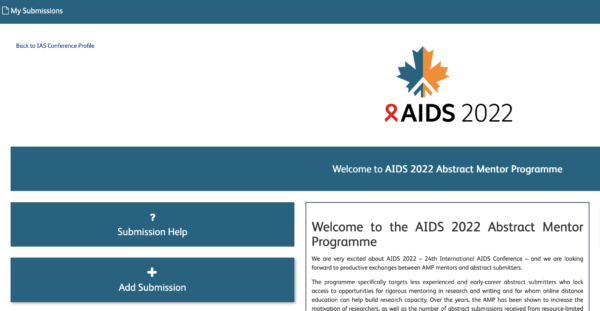by B. Karungi
In January 2021 Uganda shut down of almost all online communication in the country. These types of communications shut downs affect email, Zoom video calling, and social media. They were justified in the name of “national security.” The 2021 communication limitations occurred two days before a national election. This came on top of physical lock downs restricting people to their homes and/or their home districts during the pandemic.
The third blow for Ugandans came with the passing of the Sexual Offences Bill of 2021 in May 2021. This legislation had been many years in the making and was supposed to “modernize” Uganda’s laws on sexual assault. Instead the Sexual Offences Bill harshly attacks sex workers, criminalizing brothels, engaging in prostitution and engaging in a sexual act with a sex worker. The legislation also criminalizes ‘carnal knowledge against the order of nature” fueling anti-LGBTQ discrimination and heteronormative policing of sexuality. This is not only a significant blow to our human rights but affects all our work on HIV/AIDS prevention, treatment and care.
BPPP and friends organized a public action on the symbolic day of June 2, 2021 in NYC in front of the Ugandan Embassy to show solidarity with Ugandan sex worker led groups. If you would like to read more about legislation please Download a statement from Ugandan Sex Workers and download a statement from the BSWC.
The lock downs extended for another 6 months into this month, January 2022. Looking forward to AIDS2022 in another six months, only time will tell if local advocates will be able to attend and what we will be able to share about the impact of these lock downs on our organizing, our rights and our health. I am excited to report on the conference and its outcomes.

